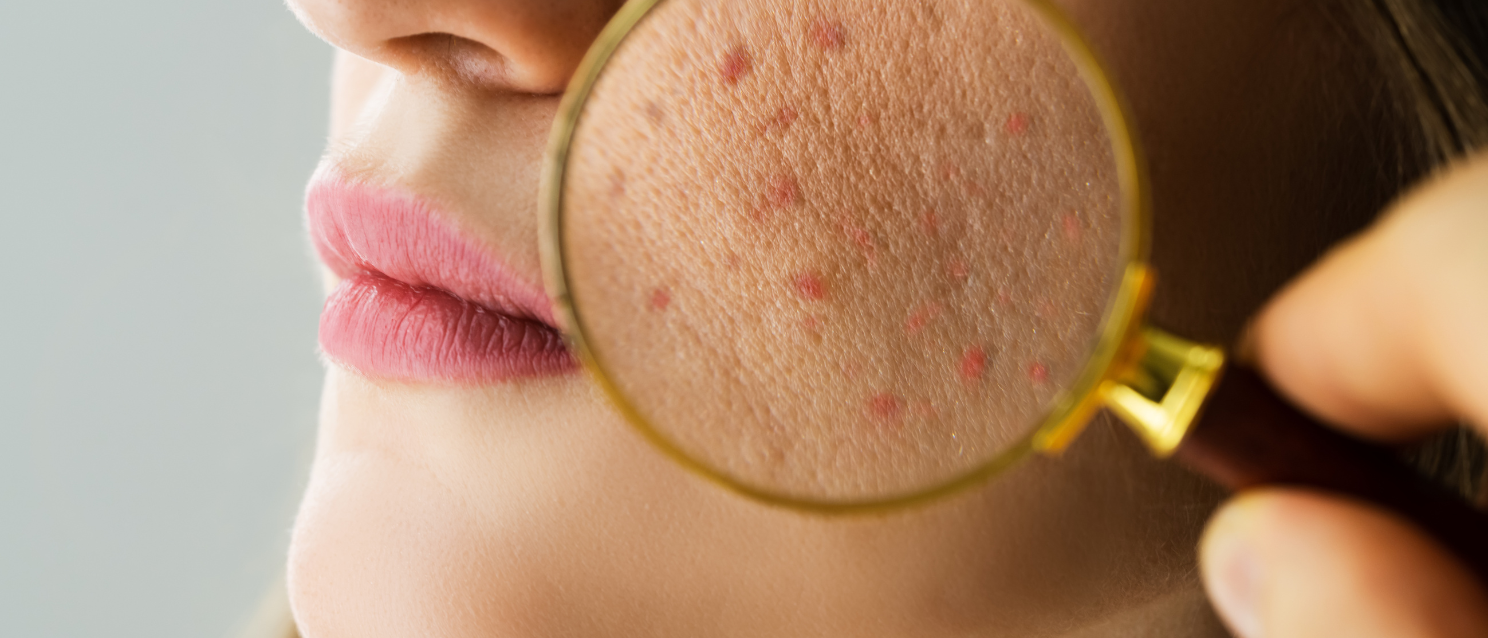How Transitional Life Stages affect Women’s Mental Health

As women, our lives are sign posted by significant transitional phases. Puberty, pregnancy, motherhood, perimenopause, and menopause all bring unique and profound physical, emotional, and mental changes. Each of these life transitions is driven by complex physiological changes and bring new challenges thanks to fluctuating hormones, changes in the gut microbiome, and the impact of stress. It’s important to remember, these are stages in a woman’s life that we all go through. It’s not helpful to think of perimenopause as a disease or medical condition any more than we do puberty! These shifts are simply a natural part of life. Developing your understanding around what’s happening means you are better prepared to manage any changes with your mental health, like mood swings, energy levels, anxiety, depression, and other psychological challenges.
The Physiology Behind Mental Health in Women's Life Transitions
Hormonal Changes
Hormones are the body’s chemical messengers, regulating everything from your digestion and blood sugars, to your mood and energy levels. During these key phases in a woman’s life, hormone levels fluctuate dramatically, with mood swings a common place! Each phase can bring on slightly different changes in mental health and emotional wellbeing. Some examples include:
- Puberty is marked by an influx of sex hormones, particularly estrogen and progesterone, which can cause mood swings, irritability, and anxiety.
- Motherhood brings a rapid shift in hormone levels, particularly after childbirth. Postpartum depression and anxiety are commonly linked to the drop in estrogen and progesterone levels (though this is not always the only factor).
- Perimenopause involves erratic fluctuations in estrogen and progesterone, often causing anxiety, depression, irritability, and sleep disturbances.
When you understanding these hormonal changes you can better respond to the mental health impacts. Rather than compound your anxiety and stress by worrying about what’s happening, you can accept this is part of the phase you’re in and find ways to support your system through the changes. With out naturopathic approach, we aim to manage hormones naturally, using herbal support like Vitex (Chaste Tree) for progesterone regulation, or Ashwagandha to manage stress hormones like cortisol. Each woman will have slightly different needs and we create custom herbal blends to provide the support she needs.
The Gut-Brain Connection
The gut plays a crucial role in mental health, particularly during these life stages. The gut microbiome, a community of bacteria and other microorganisms, communicates directly with the brain through the gut-brain axis. Disruptions to this balance, whether due to hormonal changes, stress, or diet, can contribute to mental health challenges. During puberty, pregnancy & early motherhood, and perimenopause these are some of the mechanisms that may interfere with gut health.
- Estrogen directly affects the gut microbiome. Fluctuations can lead to imbalances in gut flora, which are linked to anxiety and depression.
- Perimenopause and Menopause are also associated with changes in gut function, often causing digestive disturbances that further impact mood and mental health..
Naturopaths often focus on supporting gut health through probiotics, prebiotics, and nutrient-rich diets to promote a healthy microbiome. Supplements such as magnesium and B vitamins can also help to support the gut-brain connection and relieve anxiety or depression.
Chronic Stress and Cortisol
Transitions like motherhood and perimenopause often coincide with increased stress levels, which can lead to elevated cortisol production. Chronically high cortisol can interfere with hormone balance, particularly affecting progesterone, and can disturb sleep as well as impact mood disorders like anxiety and depression.
As a naturopath and acupuncturist, I address chronic stress in a few different ways including herbal medicines and supplements, and for those open to acupuncture, this can be effective in calming the nervous system and supporting stress management.
Social and Relational Changes
While physiological changes are at the core of many mental health challenges during these life stages, social and relational factors also play a role. Shifts in identity, changes in relationships, and increased responsibilities—whether during adolescence, new motherhood, or approaching menopause—can amplify stress and impact mental well-being.
The focus of naturopathic treatment is often on the physiological foundation, ensuring that the body’s systems are supported to better cope with external pressures, but takes into account other life stressors. By understanding and treating any nutrient deficiencies, hormone imbalances or nervous system issues, naturopathic approaches provide support and strengthen the physical and emotional foundations for women to be better able to handle life’s challenges.!
Naturopathic Support for Life Transitions
It’s important to recognise that each transitional stage brings unique challenges, and there is support available to help you navigate these periods. Naturopathic treatment looks at the whole picture, including hormones, gut health, stress levels, and nutrient balance, and uses natural, individualised therapies to bring the body and mind into better balance..
Holistic Mental Health Support
Women’s transitional life stages are complex, with significant physiological changes that can profoundly affect mental health. At PNMC, our naturopathic approach addresses the root causes of these challenges by supporting hormone balance, gut health, stress regulation, and overall well-being. By working with the body’s natural rhythms and supplementing where necessary, we help women navigate these transitions with greater ease and balance..
Randa Majrouh
B.Sc. Comp. Med. , ND. Naturopath. Member of the Australian Natural Therapy Association (ANTA) and a registered Practitioner of AHPRA.









